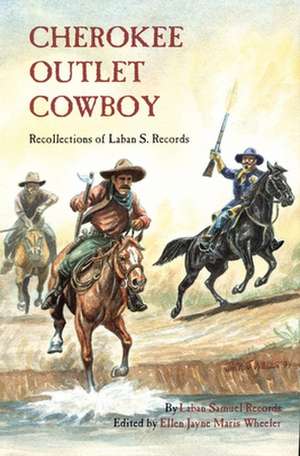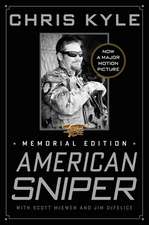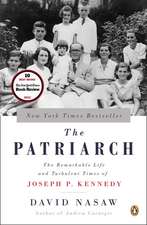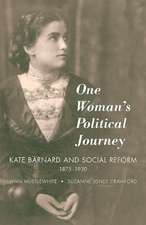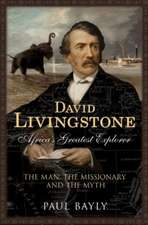Cherokee Outlet Cowboy: Recollections of Laban S. Records
Autor Laban Samuel Records Editat de Ellen J. Wheeleren Limba Engleză Paperback – 31 aug 1997
At age fifteen, Laban Samuel Records (1856-1940), the youngest of twelve children, moved west with his family from Indiana to Kansas. About sixty-six years later, writing in pencil on Big Chief tablets, he remembered this move and his other western experiences through the year 1892, when he settled with his wife and children on the claim he had staked in the Cheyenne-Arapaho Run.
In the intervening years, Laban was a freighter with his brother on the Santa Fe Trail and a cowpuncher in the Dodge City stockyards. He first encountered Indians on the banks of the Verdigris River in southern Kansas, learned the Osage language, and become an agency cook at Pawhuska. Later he worked in the Cherokee Outlet as a line rider for the T-5 and Spade ranches, eventually becoming a foreman.
Because of Laban's firsthand knowledge of people and events, his account adds a new perspective to several infamous episodes. For example, he barely escaped the raid Dull Knife and other Cheyenne warriors in 1878, and he knew the participants in the Medicine Lodge bank robbery, the Talbot raid at Caldwell, and the Potts-Franklin shootout on the T-5 Ranch.
In addition, Laban recounted many affectionate and often humorous stories about Outlet ranchers such as Maj. Andrew Drumm, Outlet cowpunchers such as Charlie Siringo, Texas trail drivers such as "Shanghai" Pierce, and western writers such as Thomas McNeal of the Medicine Lodge Cresset, Scott Cummings (the "Pilgrim Bard"), and Pawnee Bill. But perhaps most memorable are Laban's stories of every day cowboy life: herding cattle with his dog Shep, riding his favorite horses, and surviving the rigors encountered by everyone on the western range-tornadoes, rattlesnakes, cold and snow, outlaws, and hard work.
Laban concludes, "The great open range that I know so well, worked on so hard, and loved so much ... has] vanished, as have the signs of the old cow trail." Perhaps so, but thanks to Ellen Jayne Maris Wheeler's organization of these stories, and to Laban's colorful and entertaining writing, the readers of Cherokee Outlet Cowboy can still ride that range and see that old cow trail for themselves.
Preț: 170.80 lei
Nou
32.69€ • 35.49$ • 27.46£
Carte disponibilă
Livrare economică 01-15 aprilie
Specificații
ISBN-10: 0806128720
Pagini: 392
Dimensiuni: 153 x 229 x 29 mm
Greutate: 0.59 kg
Ediția:Revised
Editura: University of Oklahoma Press
